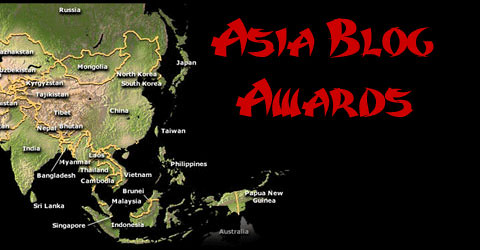Are we all set for the great casino game yet? About one year ago, I commented on the nation's new gambling plans and
wrote this:
..... when the casinos arrive and the loan sharks get locked away, it may well be the banks which celebrate most exuberantly. Addicted Singaporeans will surely borrow. They can even borrow to pay the $100 casino entry fee. Remember - no questions asked. That's a basic characteristic of personal credit lines.
And with the serious competition - loan sharks - locked away in jail, it's the banks which will enjoy this exciting spin-off from our wonderful integrated resorts.
Well, see what's happening now. Watch closely, as the MAS looks into dismantling Singapore's current rules on unsecured personal credit ... to allow everyone - the rich, the poor, the
juvenile - to borrow more and more. All just in time for some fun & sun on Sentosa!
Credit cards may fit in shallower pockets
(TODAY) Tuesday • August 8, 2006
Lee Ching Wern
IN A move that could bring easier unsecured credit to the Average Joe and potentially higher credit card limits for those earning more, the Government is now looking at tweaking the credit regime.
The Monetary Authority of Singapore (MAS) and the Ministry of Law have sought public feedback on a number of proposed changes.
Until now, you needed an annual income of at least $30,000 to obtain unsecured credit — such as a credit line or card — from a bank. This limit could be reduced to $20,000. The income requirement for credit cards, however, remains $30,000.
At the same time, a bank until now could allow you a limit of up to twice your monthly salary on both credit cards and other unsecured credit facilities — through ATM cards, for example. For those earning more than $30,000 a year, these limits will be merged into an aggregate of four times your monthly salary so that you can pick the form of credit you want.
For those with annual income of at least $20,000 and below $30,000, the maximum aggregate credit limit will be twice their monthly income.
Oh, wait, wait. Now of course the
government is not changing the rules so that more Singaporeans will gamble. Mr Wang was only referring to what
Singaporeans can do, and what many of them would no doubt do, with the new sources of borrowing that the government is making available to them.
An MAS/Ministry of Law statement said that the changes "do not signal a relaxation in the Government's policy stance towards unsecured credit".
Recent advances in risk management practices and the introduction of the credit bureau have made unsustainable debt for borrowers less likely.
One thing that concerns me about these rules is that while they limit the amount that an individual can borrow from any one bank, nothing stops the individual from going to many different banks to get more credit cards and credit lines.
For example, suppose I earn $4,000 a month. Under the new rules (if they're passed), if I go to DBS, I can try to get aggregate unsecured borrowing limits of up to $16,000. Now if I then go to UOB, OCBC, Standard Chartered Bank, HSBC, Citibank, ABN AMRO and Maybank, theoretically I could get up to $16,000 x 8 = $128,000.
Wow, simply irresistible .... for gambling addicts.
+++++++++
Technorati: Singapore; personal finance; casinos.





